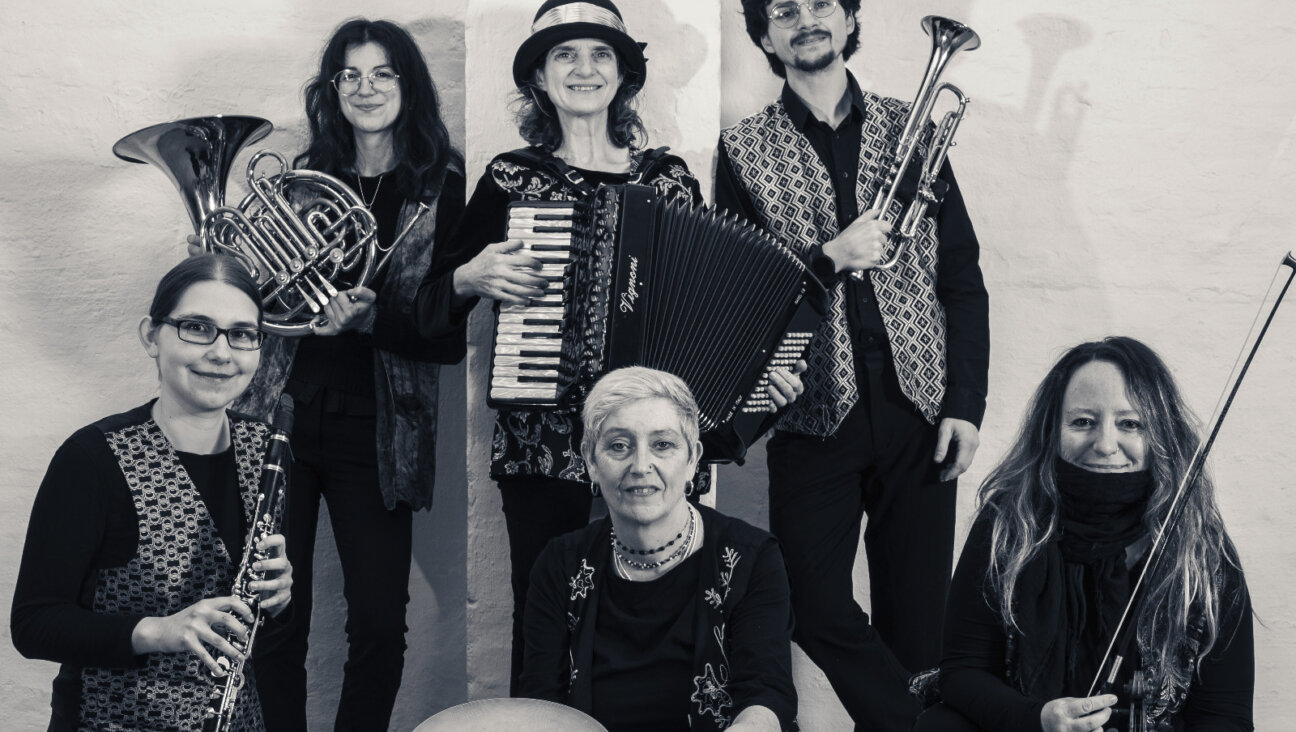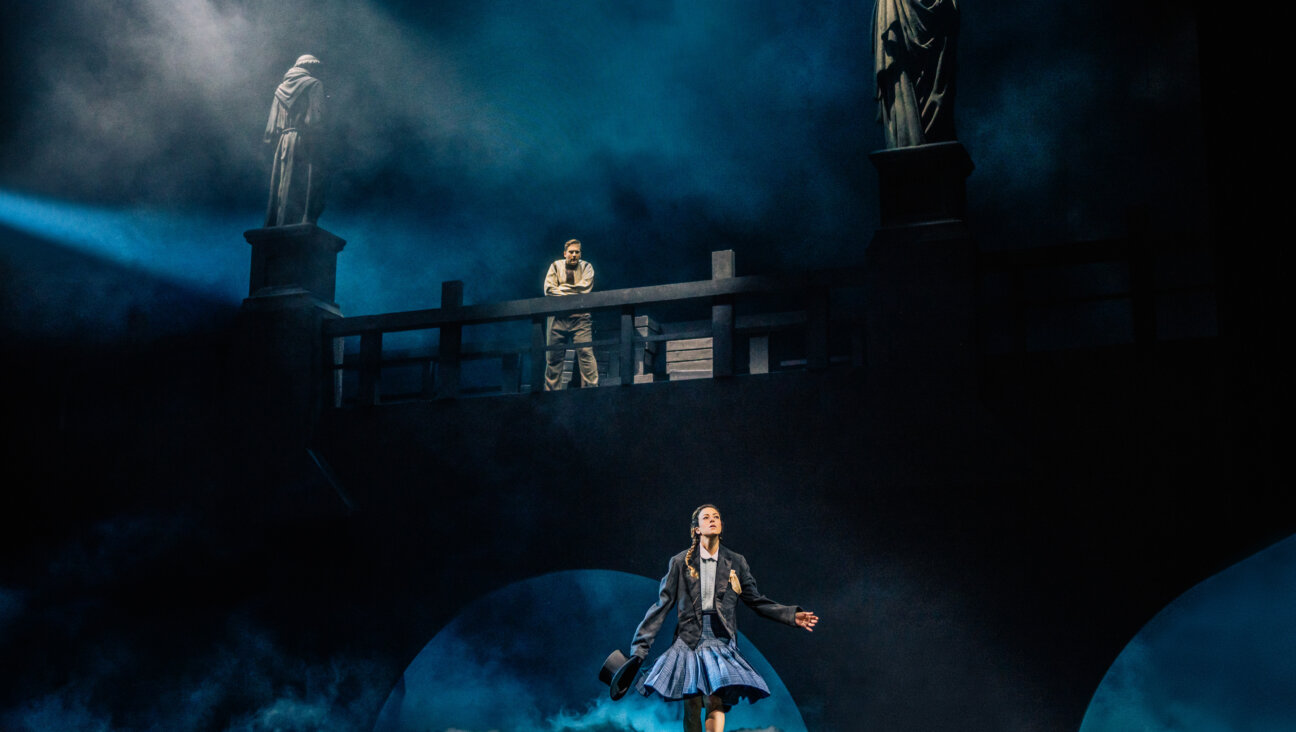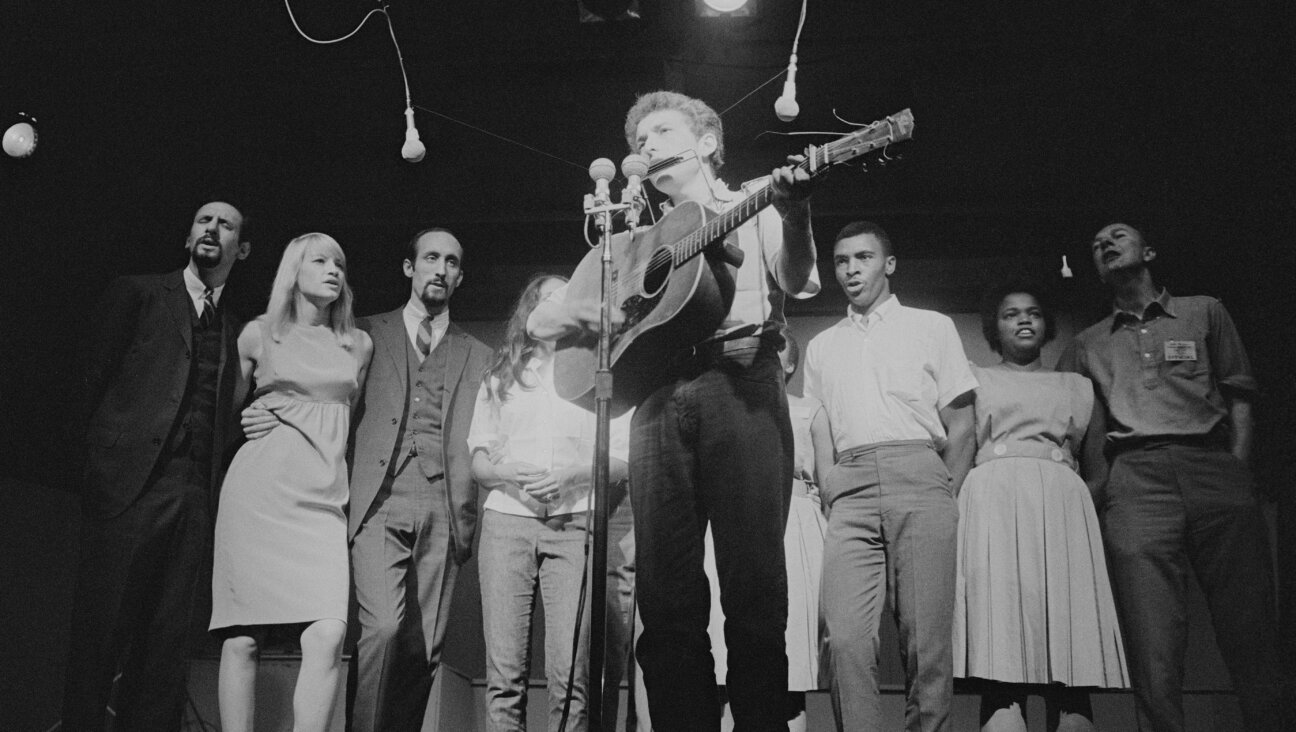A Yearlong Celebration Of Kurt Weill Is Off To An Operatic Start

Composer Kurt Weill and his wife, the singer Lotte Lenya Image by Getty Images/Archive Photos/Stringer
Responding to the current debate over immigration policy inside the nearby Beltway, the University of Maryland has declared a Year of Immigration. Part of the yearlong initiative is the University’s first Kurt Weill Festival, which kicked off October 6 with the German-born composer’s 1937 opera-oratorio “The Road of Promise.”
“The reason why we’re studying Kurt Weill this year is because there’s so much to learn about him and it really gives us an entry point to have larger conversations and to hopefully teach us some lessons about what we had already learned,” said Craig Kier, the Director of UMD’s Maryland Opera Studio who conducted “The Road of Promise.” “His music is a really great historical perspective because we start to think about ‘what are the influences of these incredible composers, the generation of Kurt that fled Nazi Germany and came to the United States and became an integral part of the musical fabric?’”
In “The Road of Promise” (originally staged as “The Eternal Road” in a five-hour spectacle featuring 245 performers) Weill and his collaborators — librettist Franz Werfel and director Max Reinhardt — staged the plight of Europe’s Jewry through a modern framing device and retellings of biblical stories. UMD’s production, under the new title, was adapted by Weill Foundation board member and musicologist Edward Harsh Harsh’s version, which premiered in 2013, runs about two hours and consolidates the many characters hiding from a pogrom in their synagogue to a core trio of a 13-Year-Old Boy, a Rabbi and “The Adversary,” who questions God’s will and the rabbi’s faith that God will look after the Jews. The biblical stories and characters also appear, though they are fewer in number.
“The piece has some challenges in that it really was scored to be a massive pageant. Max Reinhardt, the original director, was known for creating massive productions. So that was a piece from the beginning, for both Werfel and Weill writing, they knew they had that scope to work within,” said Amanda Consol, the Opera Studio’s Director of Acting.
Consol directed the concert with simple blocking of the three main figures, ceding most of the concert hall’s playing space to the entirety of the UMD symphony. The school didn’t have the resources to measure up to the original spectacle and ambition of the piece, but they did have access to something Weill didn’t: Yoni Rose an alumnus of the Studio who has spent the last three and-a-half years as a cantor in Frankfurt, Rose played the role of The Rabbi and served as an unofficial historical and cultural consultant.
“Amanda and I had an open email thread about ideas for the production and one of the things I pointed was The Adversary, who’s constantly speaking out against and arguing with the Rabbi,” Rose said. “I explained to her that this is something that actually happened. If you talk to people who grew up in Frankfurt, they talk about what the synagogue was like even maybe up into five or 10 years ago when it was still populated pretty heavily with survivors. People would stand up in the middle of prayer and just start screaming at God and these are people who lived through Auschwitz, who saw their families killed in front of them.”
Rose also told the cast and crew about real life parallels between the oratorio’s framing device and the events that came to pass after it was written. When the mobile killing squads started entering Polish shtetls in 1942, Jews were often rounded up in synagogues where congregants and rabbis debated whether to fight back or submit to God’s will. That debate and setting are at the center of “The Road to Promise.”
“[Weill] was tragically prescient about what actually happened in Poland and the outcome,” Rose said.
While the first production in the Weill Festival was spartan, it was just a sample of what’s to come in the yearlong celebration.
In the spring the Studio will produce “Street Scene” Weill’s American opera, “Zaubernacht,” a pantomime alongside “Mahagonny-Songspiel” Weill’s first collaboration with Bertolt Brecht. The spring semester will also bring a musicology course on Weill and a concert for the wind ensemble and wind orchestra featuring the “Das Berliner Requiem” and the “Threepenny” music suite. Weill being Weill, a musician deeply connected to the musical vernacular of jazz, there will also be a cabaret evening hosted by a Weill scholar.
“Kurt Weill was a composer of his time and the societal issues that were in front of him were the things he was writing about,” Kier said. “I think one of the great quotes that Weill has is ‘I seem to have a very strong reaction in the awareness of the suffering of underprivileged people, of the oppressed, the persecuted. When my music involves human suffering it is, for better or worse, pure Weill.’ That’s a great centerpiece as to why it is that his work still resonates today in ways that we would perhaps like them to not be so relevant — but they are.”
PJ Grisar is the Forward’s culture intern. He can be reached at [email protected].

















